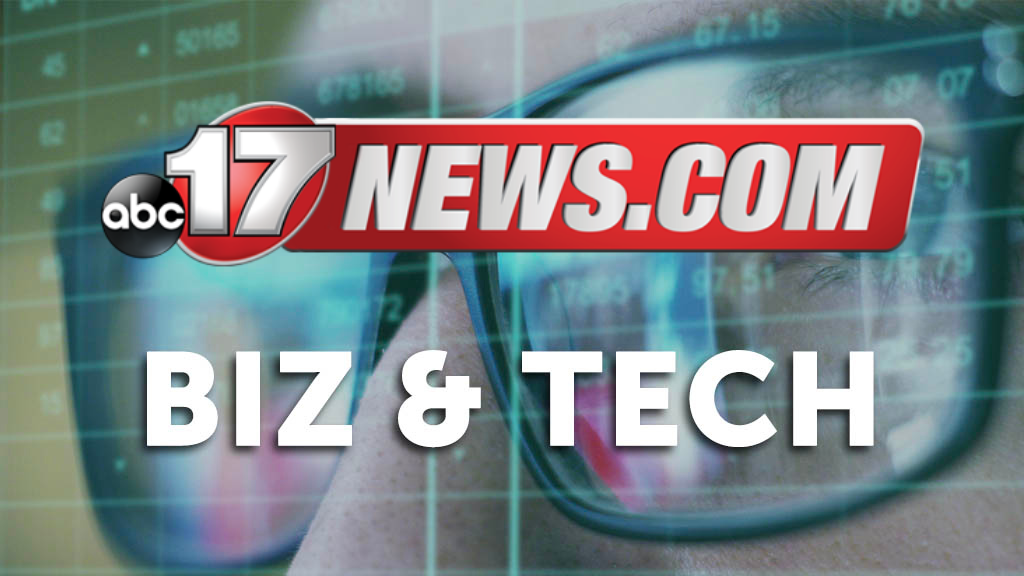Disbelief in election results and distrust of the vaccines are connected

By Brian Stelter, CNN Business
A version of this article first appeared in the “Reliable Sources” newsletter. You can sign up for free right here.
In a typical newsroom, one team covers the horse race of electoral politics: Who won, who lost, and why. A different team might cover voting rights if there’s the budget for such a thing. A wholly separate team covers health and science, including the pandemic and the vaccines. Yet another team covers crime and justice, including the prosecutions of the suspects in the January 6 attack at the Capitol. And if there any dedicated fact-checkers in the newsroom, they work separately too.
Structurally this makes sense: Different reporters bring expertise to bear on all sorts of subjects. But there are connections between these beats, and they need to be covered accordingly. The connections are part of the story.
The folks who are wrongly convinced that Donald Trump actually won the 2020 election are also more likely to resist the Covid-19 vaccines that Trump’s government fast-tracked. The folks who want to believe that the Capitol riot was a “peaceful protest” are also susceptible to other types of misinformation.
Disbelief about election results, distrust of public health officials, disregard for democratic principles — it’s all connected. As one of the banners on “Don Lemon Tonight” said Thursday night, ”Misinformation is killing us and killing our democracy.” But when it’s covered as a series of discrete stories, the connections are disguised, and people are misguided…
Two illustrations
To buttress the point, here are two examples I noticed while surfing across Twitter this week. First, Julie Kelly, a commentator for the pro-Trump American Greatness website and an occasional guest on “Tucker Carlson Tonight,” garnered thousands of shares on Twitter for claiming the following:
“Election fraud isn’t a big lie. COVID vaccines are experimental. Lockdowns are pseudoscientific garbage. Masks don’t work. January 6 wasn’t an armed insurrection. The FBI protects its own. Pass it on.”
Second, Connor Lounsbury, a spokesman for Democratic lawmaker Chrissy Houlahan, posted a mirror image of Kelly’s message without even knowing it:
“Y’all do realize that the Big Lie isn’t just about the election, right? There was the Big Lie about COVID. Then the election. Then the insurrection. Then the vaccines. Then critical race theory. It’s a bunch of sides to the same toxic coin.”
What are the “core values” of news outlets?
With fights over facts like “January 6 was a violent eruption” raging every single day, what are news organizations to do? Perry Bacon Jr. offers some ideas in this new column for the Washington Post. He says “the media can’t credibly go back to posturing as disinterested or neutral — nor should it if Trump and Trumpism remain threats to democracy. It needs to chart a new path forward for a United States with a Trumpian Republican Party.”
Specifically, he suggests that “CNN, the New York Times, The Post and similar outlets should embrace and announce their core values.” Values like: “We believe the United States is and should remain a multiracial democracy.” Check out his full column…
What can we do as individuals?
“If the United States of America is the most powerful and most prosperous nation in the history of the world (and it is),” David French writes, “then why are so many of its people so miserable and angry?” He points to a loss of community — specifically, lost friendships. Here are two pull quotes from his piece:
— “You can’t fact-check, plead, or argue a person out of a conspiracy, because you’re trying to fact-check, plead, and argue them out of their community.”
— “We should remember that while we can have only the tiniest impact on a large number of people, we can have a large impact on a small number of people. You can be a friend. You can extend yourself. You can move out of your comfort zone.”
Surgeon General Warning
“Thursday marks a turning point in internet history,” researchers Joan Donovan and Jennifer Nilsen wrote. “For the first time, the U.S. surgeon general has declared the barrage of misinformation spreading on social media a public health hazard.”
That’s why Dr. Vivek Murthy was in the WH briefing room on Thursday — he was calling for an “all-of-society response” to the health misinfo plague. “This is not a problem we can take years to solve,” he told Jake Tapper on “The Lead.” People “are losing their lives” so the tech platforms must “step up their game.”
>> The government’s messages may be reaching vaccine skeptics, but that doesn’t mean the messages are resonating, as Oliver Darcy pointed out on “Erin Burnett OutFront.” Here’s what he said…
>> On Thursday evening Murthy’s new warning competed for attention and TV news airtime with LA County’s decision to reinstate a mask mandate…
Reporters should focus on those who wield the most power
Oliver Darcy writes: “Too often, when the topic of misinfo comes up, reporters frame their stories around the nonsense peddled by Republican lawmakers. Sure, those politicians deserve some scrutiny. But I’d argue that the focus of these stories should be on the people behind the scenes who control massive radio, TV and web platforms and have far more influence. Who has a bigger and more influential platform — Rupert Murdoch or Marjorie Taylor Greene? Why does the latter person get more scrutiny than the former? These questions are worth pondering…”
The-CNN-Wire
™ & © 2021 Cable News Network, Inc., a WarnerMedia Company. All rights reserved.